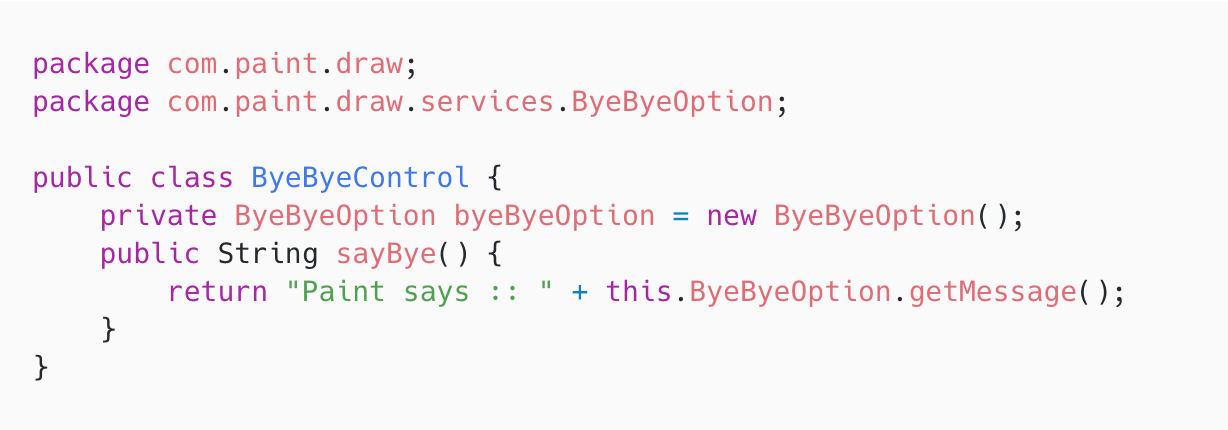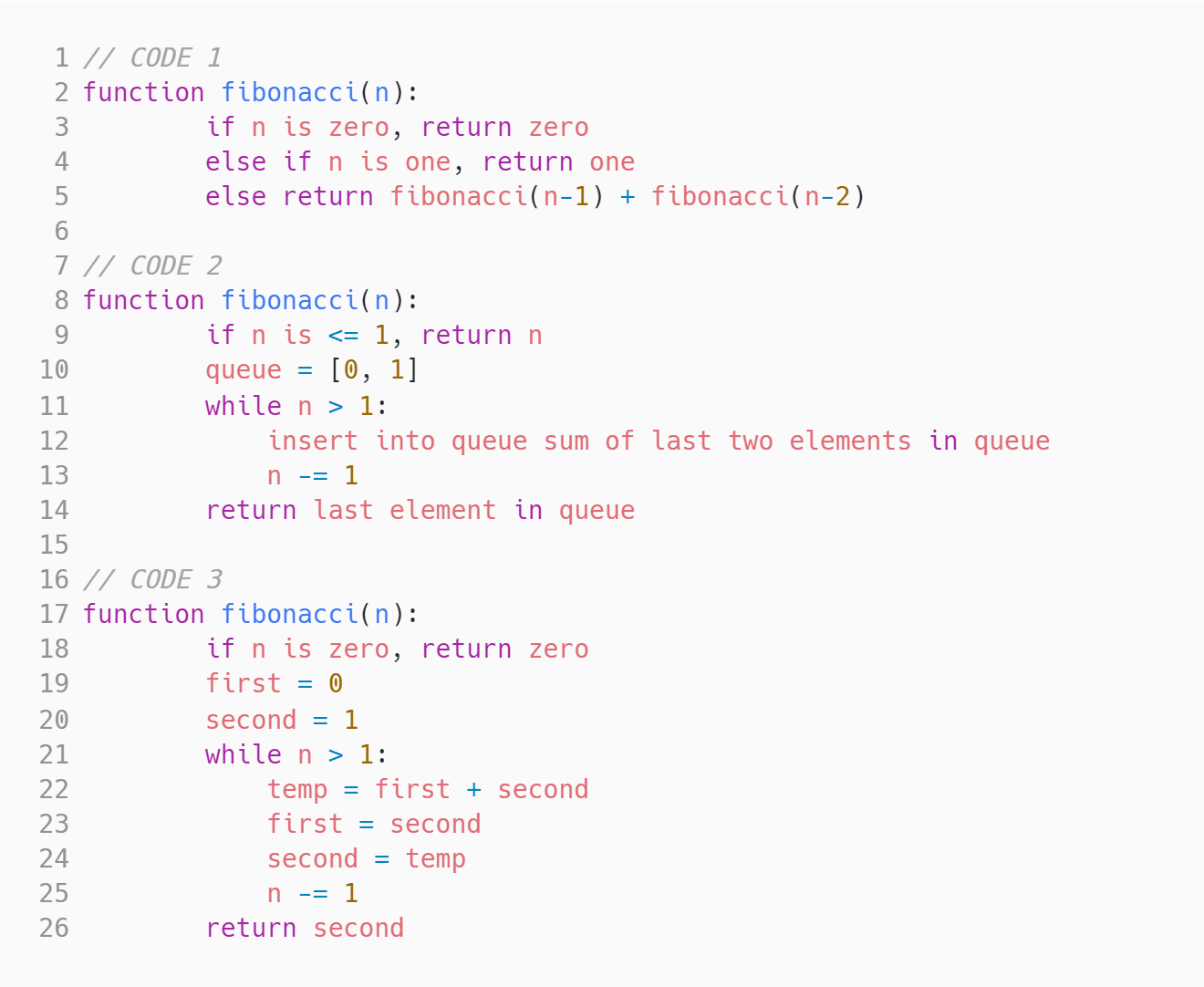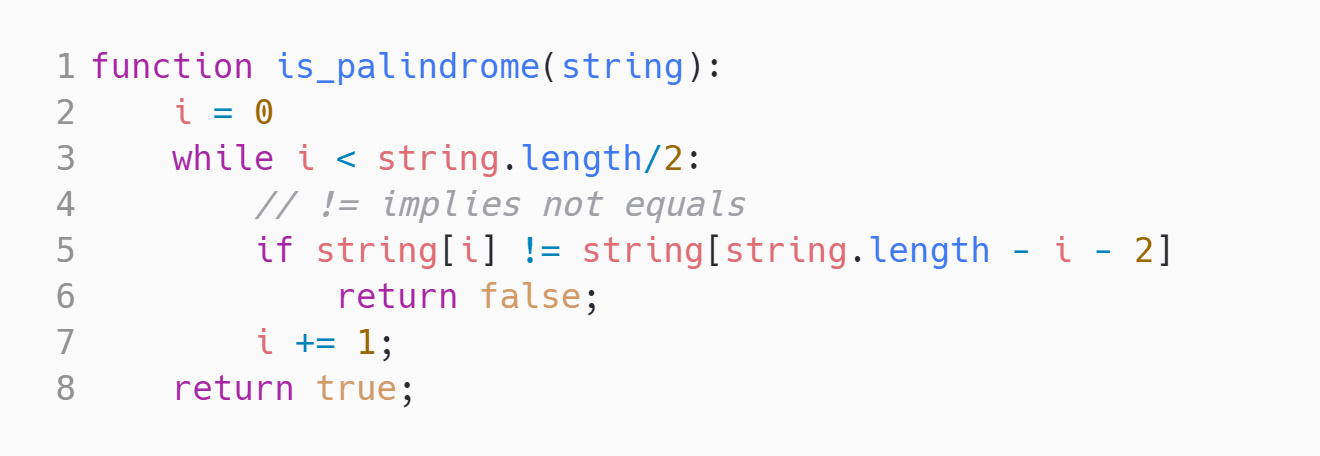SOLID Principles: The SOLID principles are a set of five design principles in object-oriented programming that aim to make software systems more maintainable and extensible. They include the Single Responsibility Principle (SRP), Open/Closed Principle (OCP), Liskov Substitution Principle (LSP), Interface Segregation Principle (ISP), and Dependency Inversion Principle (DIP). By measuring this skill, recruiters can assess a candidate's understanding of these principles and their ability to apply them in software design.
Object Oriented Design: Object-oriented design is a programming paradigm that organizes software applications into modular components called objects, which have state, behavior, and identity. It promotes code reusability, maintainability, and scalability. Measuring this skill helps recruiters evaluate a candidate's proficiency in designing software systems using the principles of object-oriented programming.
Technical Aptitude: Technical aptitude refers to a candidate's ability to understand and apply technical concepts and principles in problem-solving and decision-making scenarios. It involves skills such as logical reasoning, analytical thinking, attention to detail, and problem-solving ability. Assessing technical aptitude in this test allows recruiters to gauge a candidate's overall technical competency and their potential to excel in a technical role.
Data Structures: Data structures are the fundamental building blocks of organizing and storing data in computer memory. They provide efficient ways to perform operations like searching, sorting, and manipulating data. Measuring this skill enables recruiters to assess a candidate's knowledge and ability to choose appropriate data structures for efficient algorithmic problem-solving and software development.
























































